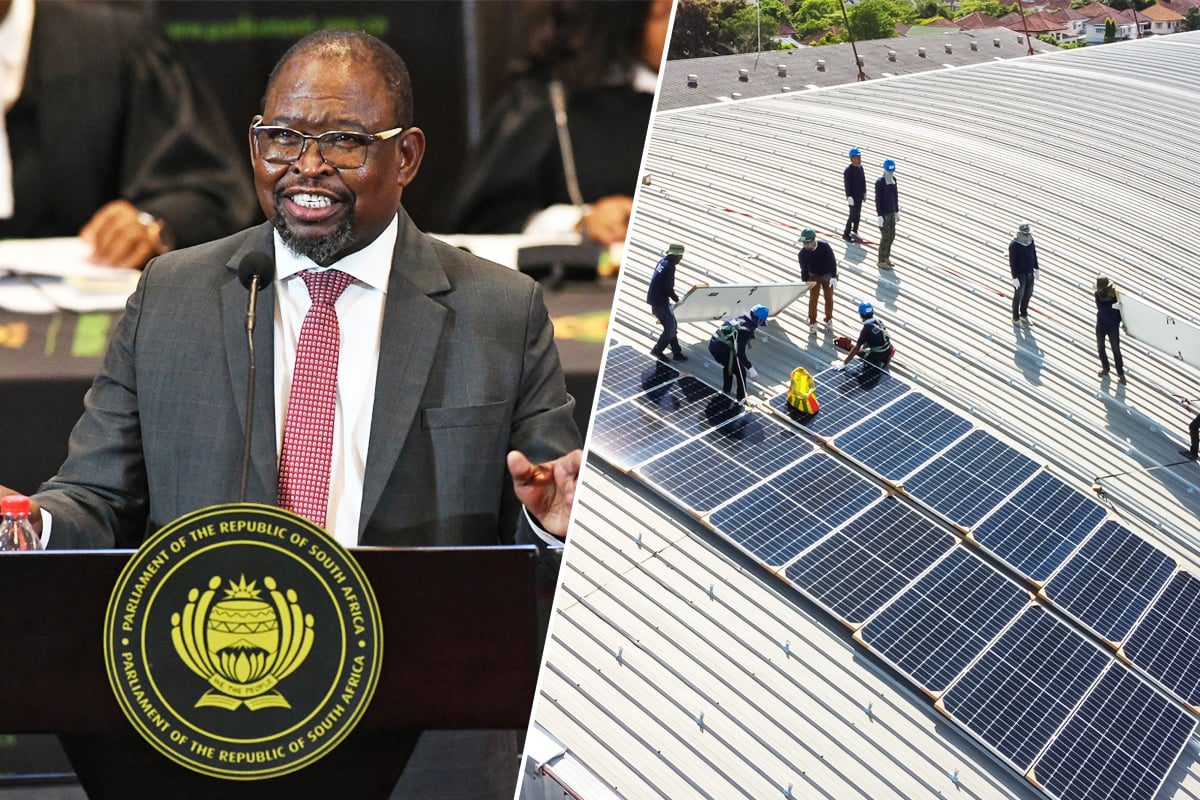Global Courant 2023-05-16 16:00:27
Professional services firm PwC says the current policy framework regarding the new rooftop solar incentive does not efficiently promote more investment in renewable energy.
During the 2023 national budget speech, Finance Minister Enoch Gondongwana announced two tax cut measures to encourage households and businesses to invest in renewable energy and to ease pressure on the failing national power grid.
As of March 1, 2023, the changes will enable:
Companies can reduce their taxable income by 125% of the cost of an investment in renewable energy sources. Individuals who install solar panels on the roof can claim a 25% discount on the cost of the panels, up to a maximum of R15,000.
As for the rooftop solar discount, the minister added that it can be used to reduce their tax liability in the 2023/24 tax year and will be available for one year.
PwC’s latest Tax Today report said that while the changes are largely beneficial, there are a handful of complications and confusion within the policies surrounding them, including requirements regarding what type of solar panel qualifies for the tax credit and who is allowed to use the tax credit. discount.
The financial services company said the current incentive design fails to take into account the reality that many companies are investing in renewable energy assets, not necessarily using those assets to generate their own electricity, but leasing them to customers for electricity generation.
To truly drive more private investment in renewable energy, the incentive should be extended to owners of eligible assets who, as part of their trade, lease the assets to individuals or entities for electricity generation from the specified sources, the company said.
It added that this extension would align with the stated policy objective and encourage greater participation in renewable energy investment.
According to PwC, under the current framework, concerns about the current draft of the legislation include, but are not limited to:
Only the solar panels are eligible for the discount
PwC said one of the concerns surrounding the stimulus is that the rebate doesn’t cover all of the free solar installation equipment.
“NT’s rationale for excluding inverters and batteries is that they can be used without solar panels adding additional generation capacity,” said PwC.
“While this is true, it loses sight of the fact that solar panels cannot operate without an inverter, as it is required to convert the solar panels’ direct current into usable alternating current.”
The Treasury Department’s concern about the independent use of inverters and batteries without solar power — which is valid — could be effectively addressed by requiring solar panels as a condition of the rebate program, PwC said.
The group added that this discount limitation could also potentially lead to abuse by solar system suppliers by over-relying on the panel.
The size of the incentive is insufficient
PwC believes that the size of the incentive does not cover the high cost of solar panels. For example, a small 3kW system would cost around R90,000 excluding batteries which cost at least R30,000 each, and the cost of the solar panels would be another R30,000.
“Under the current draft provisions, the rebate would only be around R7,500 for such a system and when combined with a deferred tax benefit (as PAYE taxpayers will only claim the rebate on the assessment during the 2023/24 filing season), it is it is clear that the incentive will be insufficient to induce individuals who otherwise would not have invested in solar energy to do so,” said PwC.
PwC therefore recommends reviewing the maximum rebate of R15,000, with a 25% rebate more likely to introduce the behavioral response the South African government is seeking.
It does not take solar rental into account
It is common for those who struggle to afford an entire solar system to rent them. However, the current policy framework does not allow this.
PwC has called on the National Treasury to rethink the design of the incentive to address the shortcoming and make it more effective in achieving its stated goal of increasing renewable energy use.
Read: Ramaphosa’s ‘quick fix’ for shedding burdens has a major flaw








